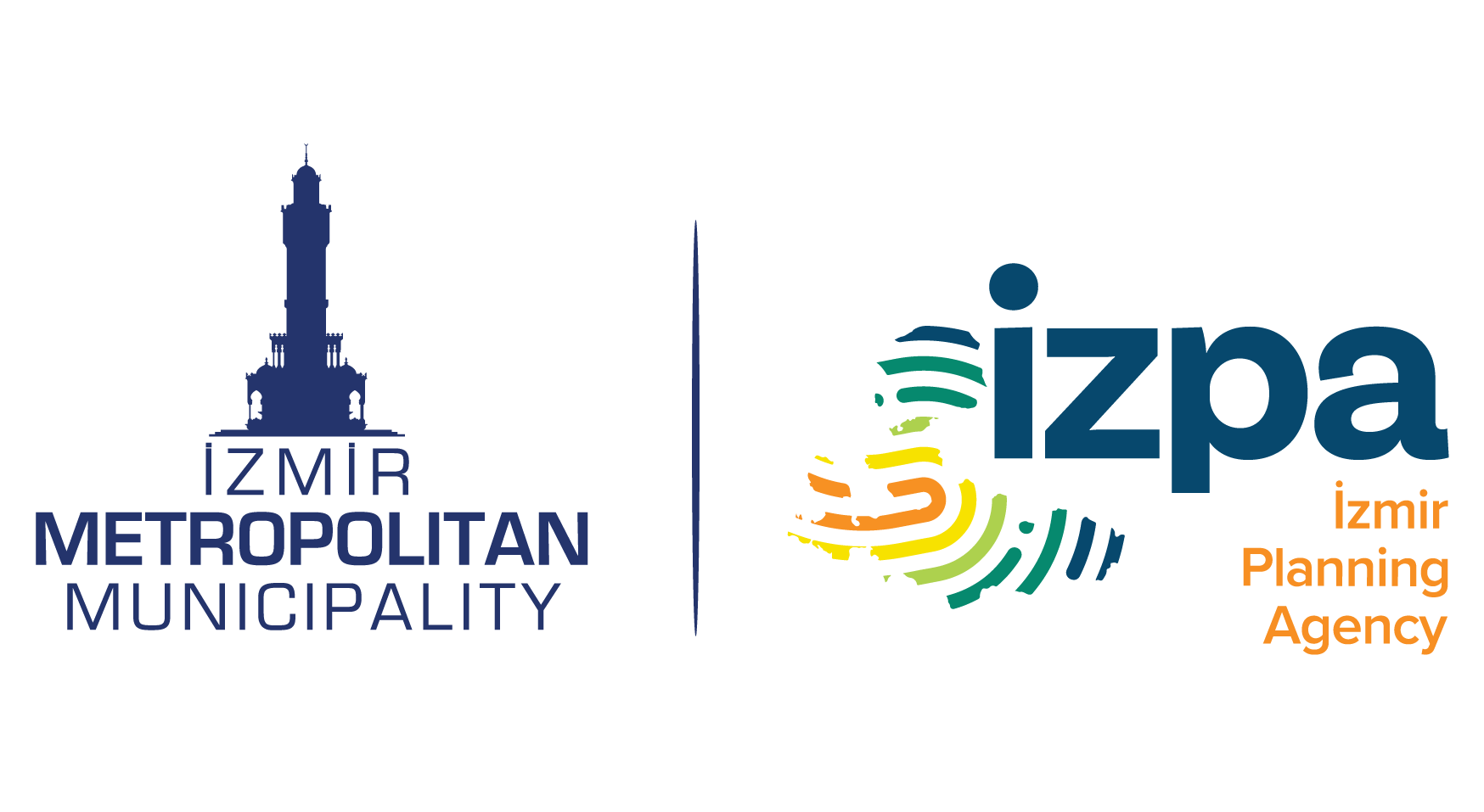NEXT GENERATION MUNICIPALITY
IZPA embraces the principles of Next Generation Municipalism, a forward-looking framework that addresses contemporary global challenges. This approach promotes a green transition (sustainability), digital transition (technology), and social transition (participation) within local governments, providing a comprehensive, agile model aimed at making cities more livable, sustainable, and citizen-oriented.
A long-term perspective on this socio-ecological transition is essential, requiring a shift from traditional economic development models. Next Generation Municipalism emphasizes democratizing power, fostering deliberative and participatory decision-making, enabling stakeholder contributions to knowledge creation, enhancing community capacities, and valuing local knowledge and sustainable development. It prioritizes social solutions, acknowledging both externalities and potential crises.

“The commons is a prerequisite for a green (ecological) transition.” (1)
The practices to be prioritized in the development of Izmir's vision should be those that improve the urban-regional ecosystem, promote social and ecological rights and commons practices as a transformative social paradigm, prioritize public space and the social market over private property and the competitive market, create restorative and anticipatory structures, and reduce the ecological footprint of the city. The commons is more than a political philosophy and policy agenda, it is an active and living process. It is about the social practices of mutual support, negotiation, communication, etc. needed to create systems that manage shared resources. (2)
“The commons promises a major transformation as a paradigm, a discourse, an ethic, and a set of social practices.” (3)
Common spaces are created through practices of "commoning" not only as products of these practices but also as forces that shape participants and the practices themselves. Space functions as an active form of social relations, a constructive element and network of connections. To sustain a common space, mechanisms must be in place to support the ongoing contributions of those invited to engage with it.
A common space, like an urban orchard, cannot be fixed as a static product, as it continually shapes and is shaped by those who engage with it. Viewing the commons as distinct from traditional public or private property unlocks the transformative potential of "commoning" practices. Beyond property status, the commons represents a network of social relations that can challenge conventional ownership models. Strengthening both material and immaterial commons offers an effective response to systemic ecological crises. (4)
Institutional frameworks like Next Generation Municipalism support the growth of commons by fostering new political, facilitative, and regulatory relationships. This approach shifts from top-down planning to a "common city" model, where urban projects are collaboratively facilitated and sustained.
Five main actors play a role in this institutionalization: the city itself, entrepreneurs, social commons, knowledge institutes such as universities and research centers, and citizen initiatives, which can also be described as social innovation. (5) Commons and commoning practices are a prerequisite for the transition to the principles of Next Generation Municipalism.
1 Bauwens, M., & Onzia, Y, Commons Transition Plan for the City of Ghent, Commons Transition, 8, 2017.
2 Bollier, D, Commoning as a transformative social paradigm, in The new systems reader, Routledge, 2020: 348-361.
3 Bollier, Commoning as a transformative social paradigm, 348-361.
4 Stavrides, S, Common Space: The City as Commons, Bloomsbury Publishing, 2016.
5 Bauwens, M, & Onzia, Y, Commons Transition Plan for the City of Ghent, Commons Transition, 8, 2017.
